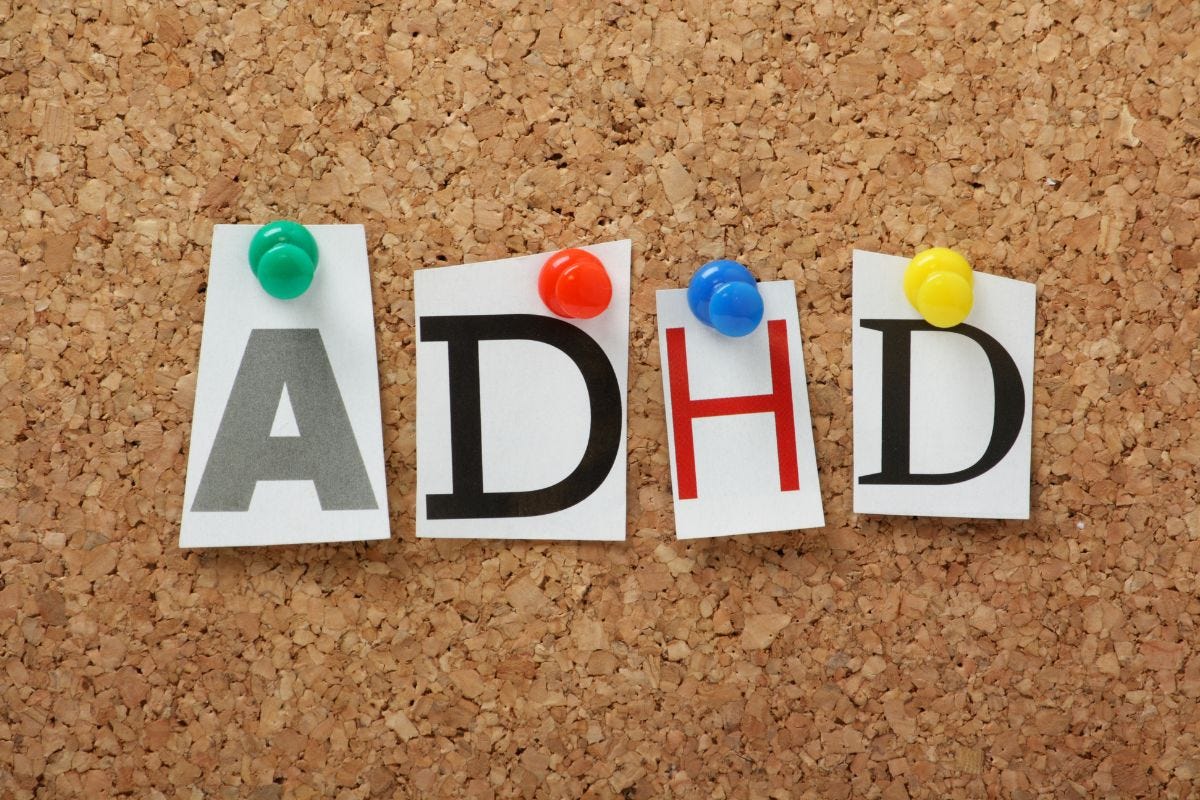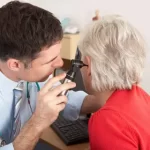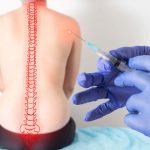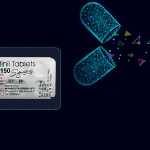Attention Deficit Hyperactivity Disorder (ADHD) is a chronic brain disorder that results in trouble sustaining attention, impulsive behavior, and hyperactivity, affecting the quality of life. This disorder often manifests in childhood and continues into adulthood, although these symptoms lessen with age, and some people outgrow them. Although there is no precise cure for ADHD, the 2nd Chance Treatment Center specialists offer medications, education, and behavioral interventions to help you cope.
Diagnosis for ADHD
Many people are tempted to avoid an official diagnosis for various reasons. However, there are many upsides to consulting your doctor. For instance, it can help you rule out other medical disorders with similar symptoms, such as anxiety disorders and bipolar disorder, and begin treatment. ADHD diagnosis does not require specific preparation guidelines. All you need to do is schedule an appointment at the practice and provide your medical history. You can also note down questions you would like the team to address.
During the screening procedure, your provider will conduct a physical exam, including hearing and vision screenings, to rule out other medical conditions. They may then discuss your symptoms and perform additional tests if necessary. If your child is the patient, your physician may ask for input from you and other people your child spends time with, including teachers and babysitters. The team may also give your child a written test to gauge their behavior. You or your child may undergo a series of diagnostic tests before your provider can potentially diagnose ADHD. After diagnosis, the team will analyze the results and potentially diagnose you with predominant Inattentive ADHD, predominantly Hyperactive-Impulsive Presentation, or Combined Presentation.
Tips for managing ADHD
Your treatment plan will rely on the severity of your condition. The team may recommend psychological counseling, skills training, and medication to manage adult symptoms. Your provider may also recommend behavioral therapy to help you develop strategies to manage your symptoms. T However, it may take a while to identify the treatment that works for you. Your doctor may encourage the following habits to help you cope with ADHD:
- Regular exercise
Physical activity can alleviate your symptoms and enhance concentration. Exercise stimulates increased serotonin, dopamine, and norepinephrine production, which are essential for improving attention. ADHD medicines aim at triggering the production of these chemicals. You can schedule time for mindful meditation and breathing exercises to improve memory and attention.
- A healthy diet and sleep schedule
Lack of enough sleep can worsen ADHD symptoms. It can also affect your ability to handle stress, making it difficult to focus at school or work. The constituents of your meals can either exacerbate your symptoms or improve them. A healthy diet of fiber-rich whole grains can alleviate your symptoms and boost your concentration.
- Use organization and time management tools
ADHD can make it hectic for you to manage your time and organize your daily activities. Your doctor may recommend breaking down your tasks and using bullet journals, notepads, or apps such as Trello to monitor your progress. If you lose track of time, set timers to avoid missing your deadlines.
If you or your child experience ADHD symptoms, call the practice or book an appointment online for diagnosis and treatment.








